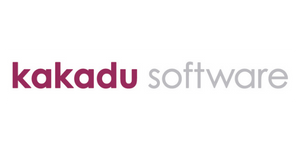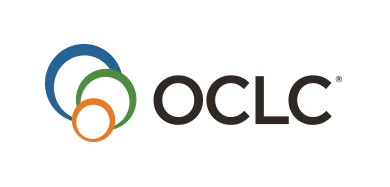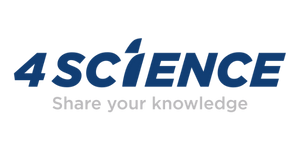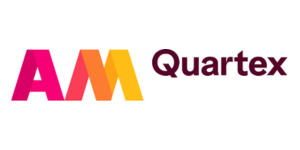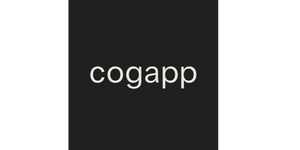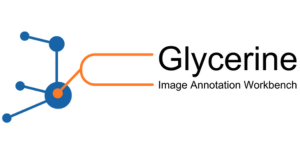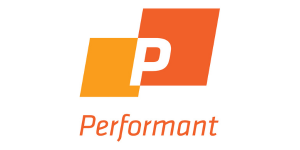2025 IIIF Annual Conference Schedule
The outline schedules of the conference is available below. The exact timing of each day’s schedule is still subject to change.
Schedule
Conference:
- Day 1 - Tuesday, June 3th
- Conference Reception
- Day 2 - Wednesday, June 4th
- Birds of a feather sessions - Thursday, June 5th
Showcase:
- Monday, June 2nd
- Showcase Sessions, 1:00pm - 3:15pm
- Hands-on with IIIF Workshop, 3:30pm - 5:00pm
Sponsors
The IIIF Annual Conference is generously supported by the following Conference Sponsors:
